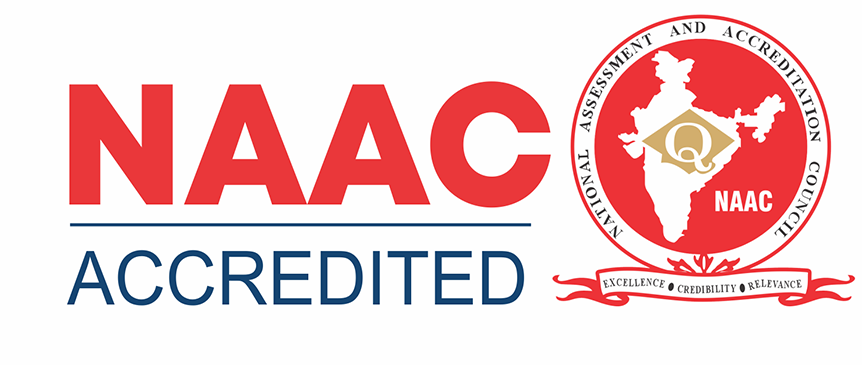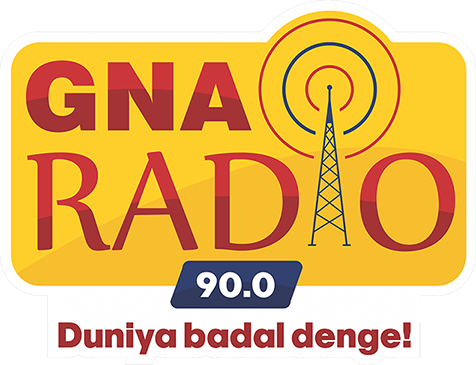14 Myth Busted by WHO regarding Coronavirus COVID-19
26-03-2020GNA University is making every effort to deal with the Coronavirus (COVID-19) outbreak. Over the last few weeks, all our faculty and staff members are working tirelessly to make sure that we are fully prepared for a wider outbreak of this infectious virus. We are also making sure that the steps taken to protect our students and staff are corresponding within the government guidance.
GNA University is a decent and caring community, which is regarded as one of the best private university in Punjab, and We are confident that, with each other's support, we will get through this challenging period. However, we have to remember not to fall for any false information or misleading facts. Below are the 14 myth busters regarding coronavirus (COVID - 19) suggested by WHO Website.
14 Myth Busted by WHO regarding Coronavirus COVID-19 
1. COVID-19 virus can be transmitted in areas with hot and humid climates
From the evidence so far, COVID-19 Coronavirus can spread in all weather conditions, including areas with humid and hot climate. The best way to safeguard yourself against COVID-19 is by frequently cleaning your hands.
2. Cold weather and snow CANNOT kill the new coronavirus.
There is no scientific proof that cold weather can kill COVID-19 virus. Regardless of the external conditions, the human body normal temperature remains at 36.5°C to 37°C.
3. Taking a hot bath does not prevent the new coronavirus disease.
A hot bath will not prevent you from COVID-19. Normal human body temperature remains around 36.5°C to 37°C, regardless of the temperature of your bath or shower.
The best way to protect yourself against COVID-19 is by frequently cleaning your hands. By doing this, you eliminate viruses that may be on your hands and avoid infection that could occur by then touching your eyes, mouth, and nose.
4. The new coronavirus CANNOT be transmitted through mosquito bites.
The COVID-19 Coronavirus is a respiratory virus which spreads primarily through droplets generated when an infected person coughs or sneezes, or through droplets of saliva or discharge from the nose. To date, there has been no evidence that shows mosquitoes could transmit the COVID-19.
5. Are hand dryers effective in killing the new coronavirus?
Hand dryers are not effective in stopping or killing coronavirus. Washing your hands with soap or cleaning your hands with an alcohol-based hand rub will protect you against the new coronavirus. Once your hands are cleaned, you should dry them with paper towels or a warm air dryer.
6. Can an ultraviolet disinfection lamp kill the new coronavirus?
UV lamps should not be used to sterilize hands or other areas of skin as UV radiation can cause skin irritation.
7. How effective are thermal scanners in detecting people infected with the new coronavirus? Thermal scanners are useful in detecting high fever because of COVID-19 coronavirus. High temperature is a common symptom of coronavirus and it takes between 2 and 10 days before people get sick and have a fever.
Thermal scanners are useful in detecting high fever because of COVID-19 coronavirus. High temperature is a common symptom of coronavirus and it takes between 2 and 10 days before people get sick and have a fever.
8. Can spraying alcohol or chlorine all over your body kill the new coronavirus?
No, using alcohol or chlorine will not kill coronavirus that have already entered you body. However, it can be useful to disinfect surfaces, but you should use it under proper recommendations.
9. Do vaccines against pneumonia protect you against the new coronavirus?
No. Vaccines against pneumonia, such as pneumococcal vaccine and Haemophilus influenza type B (Hib) vaccine, do not provide protection against the new coronavirus.The virus is so new and different that it needs its own vaccine. Researchers are trying to develop a vaccine against 2019-nCoV, and WHO is supporting their efforts.Although these vaccines are not effective against 2019-nCoV, vaccination against respiratory illnesses is highly recommended to protect your health.
10. Can regularly rinsing your nose with saline help prevent infection with the new coronavirus?
Coronavirus creates respiratory infections and there are no evidence that regularly rinsing you nose with saline helps you protect from the viruses.
11. Can eating garlic help prevent infection with the new coronavirus?
Garlic is a healthy food that may have some antimicrobial properties. However, there is no evidence from the current outbreak that eating garlic has protected people from the new coronavirus.
12. Does the new coronavirus affect older people, or are younger people also susceptible?
People of all ages can be infected by the new coronavirus (2019-nCoV). Older people, and people with pre-existing medical conditions (such as asthma, diabetes, heart disease) appear to be more vulnerable to becoming severely ill with the virus. WHO advises people of all ages to take steps to protect themselves from the virus, for example by following good hand hygiene and good respiratory hygiene.
13. Are antibiotics effective in preventing and treating the new coronavirus? 
No, antibiotics do not work against viruses, only bacteria.The new coronavirus (2019-nCoV) is a virus and, therefore, antibiotics should not be used as a means of prevention or treatment.However, if you are hospitalized for the 2019-nCoV, you may receive antibiotics because bacterial co-infection is possible.
14. Are there any specific medicines to prevent or treat the new coronavirus?
To date, there is no specific medicine recommended to prevent or treat the new coronavirus (2019-nCoV).
However, those infected with the virus should receive appropriate care to relieve and treat symptoms, and those with severe illness should receive optimized supportive care. Some specific treatments are under investigation and will be tested through clinical trials. WHO is helping to accelerate research and development efforts with a range or partners.





